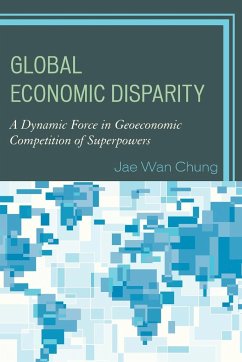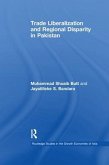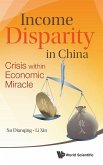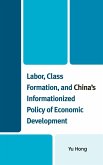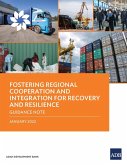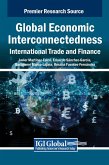The world is a veritable stage for superpowers. Major historical events are best viewed as the outcomes of games played by superpowers for their own economic interests. The objective of this book is to explore the primary cause of global historical events. A global economic disparity (GED) motivates superpowers to pursue their interests and results in the corresponding global historical event (GHE). This book explores the causal relationships between GEDs and GHEs that stand out in recent global history since the first Industrial Revolution, taking a geoeconomic approach which encompasses economics, international political affairs, history, and geography. The book confirms the causalities between GEDs and GHEs. It is a pioneering work that provides a unique but powerful policy implication: in order to alleviate international conflicts and tensions between superpowers, it is necessary to reduce GEDs. And since it is virtually impossible for a few superpowers to reduce the GEDs, the world economy needs a multipolar economic system for global stability through competition. The book was written shortly after the world economy was trapped within downward spirals caused by the US financial crisis and its contagion. As a collective representation of GEDs in various areas, the financial disparity is a central part of GEDs. The book rigorously examines the financial crisis (2008-2014) in the United States and the Fed's response, a program of quantitative easing (QE) implemented in three phases, while bearing in mind that the origin of the current crisis is not solely the financial sector or stock markets, but worldwide economic disequilibrium. This book also focuses on the details for the causal relationships prevailing in several major areas: human resources, raw materials, energy, environment, and poverty.
Hinweis: Dieser Artikel kann nur an eine deutsche Lieferadresse ausgeliefert werden.
Hinweis: Dieser Artikel kann nur an eine deutsche Lieferadresse ausgeliefert werden.

